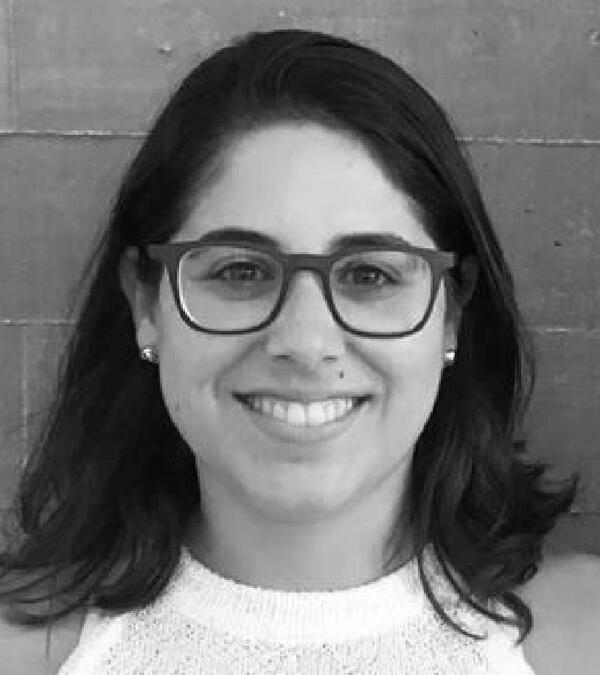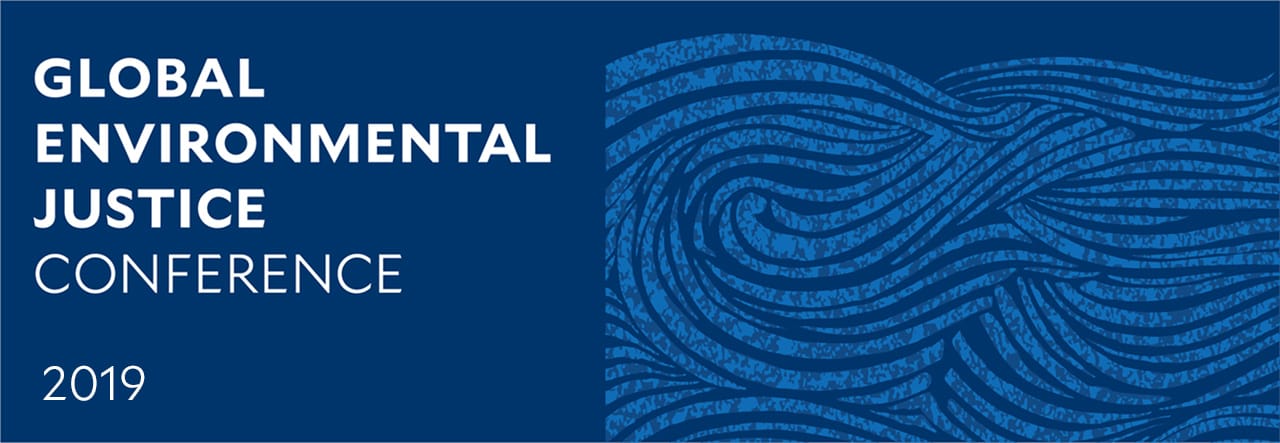Samantha Saona

Samantha Saona
Master’s Candidate in Design Studies (Urbanism
Landscape
Ecology)
Harvard University Graduate School of Design
Landscape
Ecology)
Harvard University Graduate School of Design
Samantha Saona is a Master in Design Studies candidate at Harvard University Graduate School of Design. Her focus is on Urbanism, Landscape and Ecology.
In her work on “Planning for Hurricane Season and Climate Change” Saona suggests how the electricity crisis in Puerto Rico, after Hurricane Maria, was used to push for the promulgation of a law to have 100% renewable energy sources by 2050. This proposed change (from fossil fuels to renewable sources) will allow for alternative energy sources to increase the population’s resilience in future disaster, crisis, or emergency situations. Although this is a positive shift towards a more equitable society it is important to analyze the process in which it was enacted to ensure that the goal of environmental justice does not obfuscate potentially detrimental policy implementation practices.
The relationship between design practices in a specific context, planning, and policy, is something transversal to Saona’s work. Her interest in this comes from a concern on how planning and policy have been implemented in the past and their negative effects on vulnerable populations.
Hurricane Maria (September 2017) was the second strongest storm on record to hit Puerto Rico. It affected almost 100% of the island’s population due to the disruption of 80% of the island’s electricity circuits. In some cases, this left Puerto Ricans without electricity for up to eleven months. In response, many non-profit organizations, private companies, professionals and community organizations provided humanitarian aid, emergency relief and their expertise to solve the immediate crisis and propose more comprehensive alternative solutions to energy provision that would entail a more “resilient” population. Several actors were involved in emergency response that in one way or another advocated for a shift in the source of energy provision in Puerto Rico from the current oil-based energy to other renewable sources, mainly solar power.
This paper aims to analyze how organizations leveraged the electricity crisis, and especially the idea of emergency, to propose for humanitarian responses. Moreover, it aims to illustrate how the compassion language served to justify these actions and, in many cases, to mask the political and power dynamics at play. Ultimately, this paper reflects on the use of the electricity crisis after Hurricane Maria in Puerto Rico as a driver to change the Public Policy Energetic Law and shift from the current fossil fuel-based energy to implementing a law for 100% renewable energy sources by 2050. This case illustrates clearly how emergency, disaster and/ or crisis can be used to advance urban policy. But, to what extent is it beneficial? And, most importantly, should it be used as a political tool? Apparently, the shift towards solar power has already started in Puerto Rico, and the policy change seems to be for the better. But, organizing and mobilizing around a discourse of crisis to effectively achieve urban and public policy change, seems a dangerous path to pursue.
Planning for Hurricane Season and Climate Change: Using electricity shortage after Hurricane Maria to advocate for the development of solar power and renewable energy sources in Puerto Rico
Work Areas:
Climate change, Climate justice, Disaster and recovery, Policy and GovernancePeople and Partners
Yale Center for Environmental Justice
Yale School of the Environment
Kroon Hall
195 Prospect Street
New Haven, CT 06511
Email: ycej@yale.edu
Yale School of the Environment
Kroon Hall
195 Prospect Street
New Haven, CT 06511
Email: ycej@yale.edu





